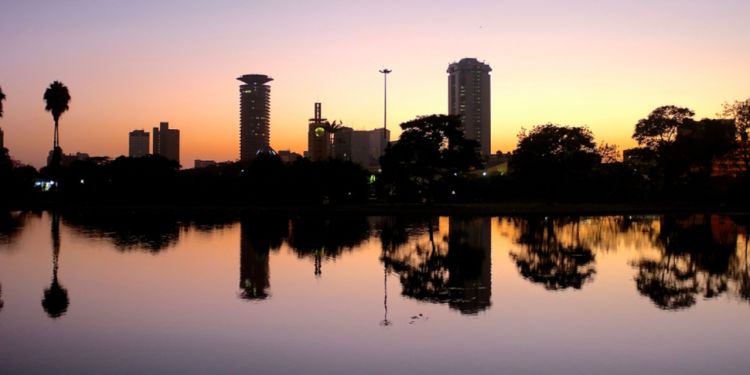
Kenya is a huge country of over 580,000 square kilometres, so it is important to understand the best ways to travel throughout the country. Kenya is well served with domestic and international air services and a highway network, although roads are generally not of a high quality. The below is an introduction into travelling and transport options in Kenya.
Driving
Expats who decide to drive in Kenya will find the roads are not always well-maintained to a high standard, and drivers can be aggressive. Unfortunately, carjackings can also be a problem in the country. Due to the challenges of driving in Kenya, many expats tend to rent or purchase a car but hire a driver, rather than attempt to navigate the Kenyan roads on their own. Many employers provide a car and driver as part of their relocation package, so discuss this with your future employer before relocating. Expats who are in rural areas, or are planning to spend time in national parks or wilderness areas, should consider purchasing a 4x4, or 4WD vehicle, as they are best suited for the rugged terrain and bumpy roads.
If you are planning to drive in Kenya, you may be able to drive on your home licence, if you are staying less than three months in the country. If you are staying longer, you'll need to obtain a local licence, which can be done easily. Contact the National Transport and Safety Authority for more information and requirements.
Airports
Due to the vast size of Kenya, air travel is often the quickest way to get around. Nairobi International Airport (Jomo Kenyatta International) is the largest in the country, but there are also 38 other airports, which mainly serve domestic routes.
Kenya Airways is the country's national carrier, but the country is also served by a range of other airlines, including Fly540, Mombasa Air Safari, African Express Airways, and Safari Link. Air travel in Kenya is generally reasonably priced and can be booked online. As aviation safety records can vary greatly, it is recommended to select an airline with a high safety rating, such as the airlines mentioned above. Delays and cancellations can be common, so having lots of patience can be helpful when travelling in Kenya.
Trains
Kenya does have a limited rail network but it is slow and inefficient. However, fares can be very reasonable, so if you're not in a hurry, the trains can be a fun way to see the countryside and travel. The country is currently expanding their rail network, with the aim of offering more connecting services throughout East Africa. Kenya Railways is the country's national provider.
There is no subway or metro system in Kenya's major cities, so train travel in the country is limited to long distance journey only.
Buses
The country has several bus companies, which can provide intercity travel. However, as per the trains, buses are not always efficient, but they are affordable. On average, the journey between Mombasa and Nairobi takes 8-9 hours by bus. Popular services for long-distance bus travel include Coast Bus and Easy Coach.
Also popular in Kenya, for shorter distances, are tuk-tuks and matatus, which are shared minibuses that operate throughout the country. Although they long held a reputation for being unsafe and reckless, this has changed in recent years with the introduction of governmental controls and safety initiatives, including mandatory seat belts, and all companies operating must have operating licences.
Useful links:
We do our best to provide accurate and up to date information. However, if you have noticed any inaccuracies in this article, please let us know in the comments section below.







